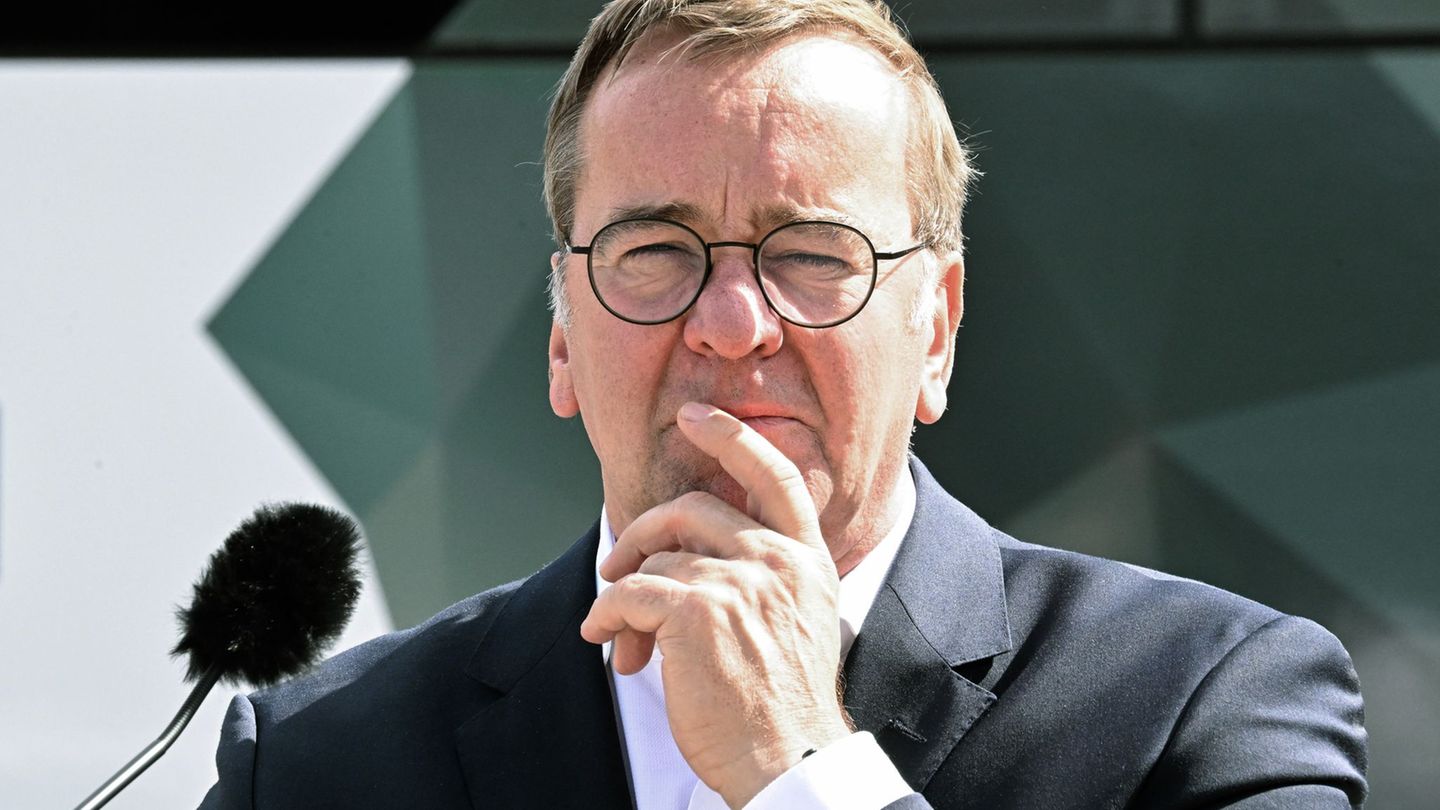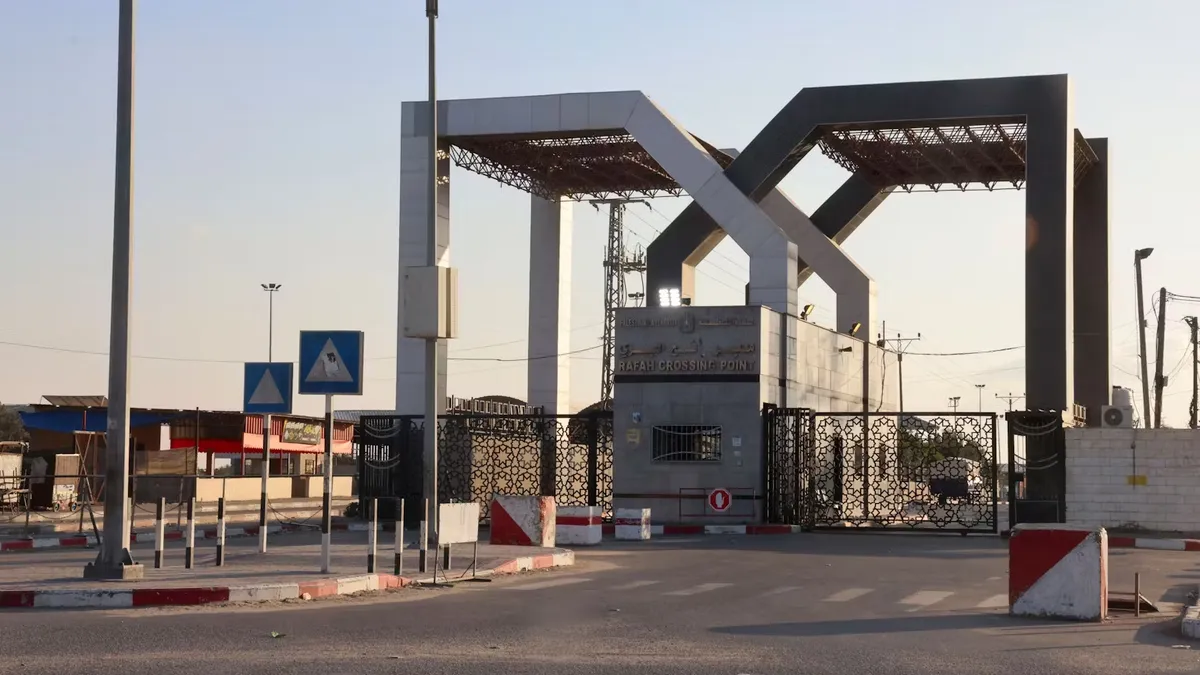Now it’s fixed: The energy cost compensation will be sent to every household with their main residence in Austria as a voucher by post. This was announced yesterday by Finance Minister Magnus Brunner, Environment Minister Leonore Gewessler and Verbund CEO Michael Strugl as representatives of the electricity industry at a joint press conference in Vienna.
The voucher, which is expected to be sent to around four million households from April, can only be redeemed by those households in which the income limit is not exceeded. This corresponds to the ASVG maximum assessment basis, i.e. currently 5670 euros gross per month. If two earners live in the same household, this sum doubles.
Brunner urgently warns against abuse. “This is not a trivial offense, but subsidy fraud and therefore a criminal offense,” said Brunner. He estimates the proportion of households that are not entitled to the subsidy to be around five percent.
The voucher can be redeemed via the Federal Computing Center. This should be possible online or by post. The 150 euros will then be deducted from the electricity supplier’s next annual bill. Brunner justified this complicated solution by saying that the energy cost compensation was to be handled “legally clean”. 600 million euros are to be distributed to around four million households.
As President of Oesterreichs Energie, the interest group for the e-business, Strugl had repeatedly pointed out that the large number of metering points and households that had to be taken into account for the voucher system involved a great deal of effort. However, he is not in a position to quantify the exact magnitude of the administrative costs.
Brunner rejected the idea of relieving households by reducing VAT because “that would be exactly the watering can principle that some criticize. In my view, that is neither sustainable nor sensible.” Wealthier households would also benefit more from a reduction in VAT, “that’s exactly not our approach, we have to support the households that are particularly affected accordingly”.
criticism from the opposition
SPÖ energy spokesman Alois Schroll criticized the government’s voucher model as a “farce”. The SPÖ is in favor of a temporary reduction in VAT on electricity and gas and a one-time payment of 300 euros for low-income households – to be handled by the tax office.
ÖGB Vice President Korinna Schumann also advocated a reduction in VAT on electricity and gas for all households. In the opinion of FPÖ boss Herbert Kickl, the 150-euro voucher is a “drop in the bucket” while the e-business earns a “golden nose” at the same time.
Minister Gewessler blamed Austria’s dependence on imports of fossil fuels alone for the high energy prices. The levels in the gas storage tanks are low, but nobody in Austria will have to freeze, the minister reassured. “The situation is serious, but not critical.”
In the medium term, lessons must be learned from the situation. At the European level, the diversification of natural gas suppliers is currently being discussed, such as feeding more liquid gas into the network. There are also discussions at European level about the management of storage facilities.
Expensive energy drives the inflation rate further up
Significantly higher energy prices caused the inflation rate in January in Austria to rise to five percent year-on-year, after 4.3 percent in December, Statistics Austria announced yesterday.
Inflation has risen to “the highest level since December 1984”, according to Statistics Austria Director General Tobias Thomas. Fuels and household energy were the main price drivers. Compared to December, however, prices fell by an average of 0.1 percent overall.
Fuel prices rose by 29.6 percent compared to January 2021. Household energy became more expensive by 16.4 percent. There was a particularly strong price increase for extra light heating oil (plus 45.8 percent), gas/working price (plus 41 percent), diesel fuel (plus 30.8 percent) and premium petrol (plus 28.2 percent).
The price increase for electricity/working price was significantly lower (plus 12.1 percent). There was a 23.9 percent drop in electricity/basic and meter fees because the green electricity subsidy fee and the renewables subsidy fee were no longer payable from January.
Consumer prices in the euro zone rose by 5.1 percent in January, according to the EU statistics agency Eurostat. According to Eurostat, the lowest inflation rates across the EU were measured in France (plus 3.3 percent), Portugal (plus 3.4 percent) and Sweden (plus 3.9 percent). The highest rates were in Lithuania (plus 12.3 percent), Estonia (plus 11.0 percent) and the Czech Republic (plus 8.8 percent).
Source: Nachrichten




